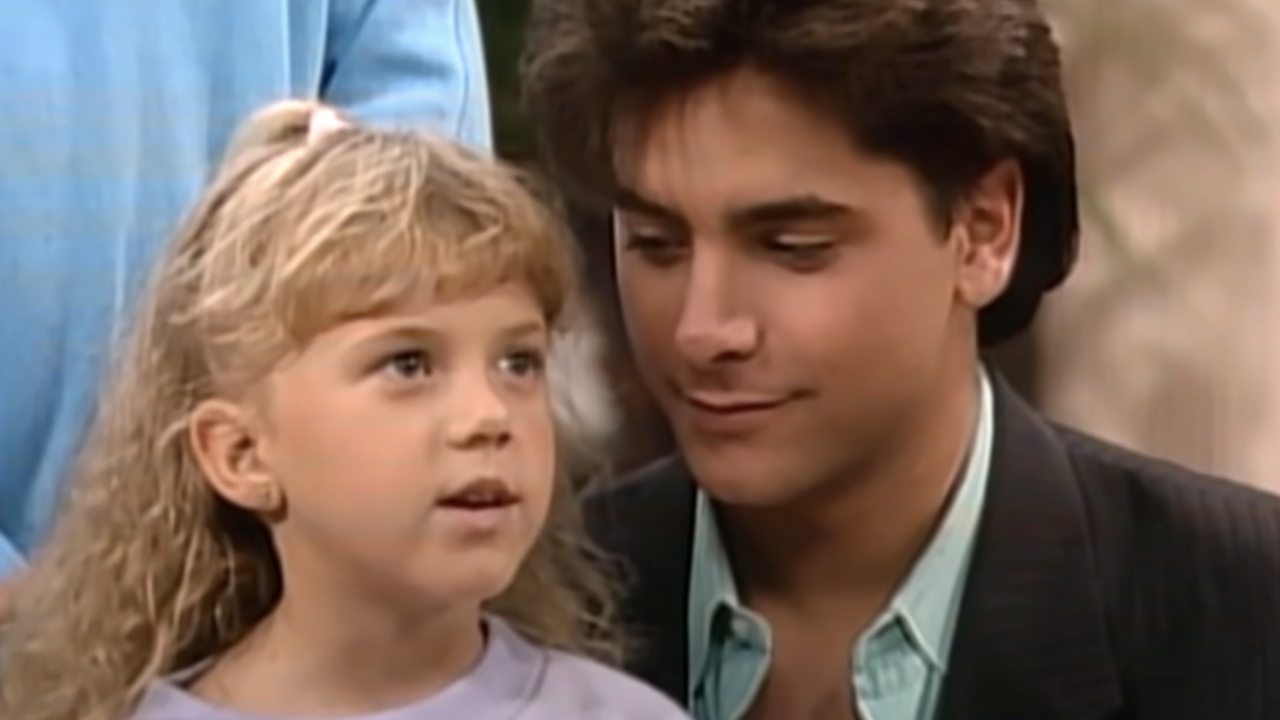Shot in 2005, so long ago that Anna Paquin was a full-faced brunette and Olivia Thrilby and Rosemarie DeWitt were four-line bit players, Margaret is a bracing blast from the past, aching and elegant but also tattered from its long journey through time. It's something of a miracle that it's even in theaters now, and the story behind it seems inseparable from the film itself-- as Margaret winds and retraces it steps and frequently stops to examine itself, it's impossible not to think of director Kenneth Lonergan agonizing over cuts in the editing room, and the producers so convinced he'd never finish the movie that they sued him. The fact that two of the producers-- Anthony Minghella and Sydney Pollack-- are dead now only adds to the sense that the movie is some kind of reanimated ghost.
Margaret still doesn't seem finished, but it is here, and with moments both brilliant and tedious, it is the kind of failure that's too fascinating to ignore. In Paquin's character Lisa, a teenager who's witness to and somewhat complicit in a fatal bus crash, Lonergan has created one of the most honest and detailed portraits of female adolescents, flush with sexual power and a false sense of understanding the world that has the ability to crush them. Her relationship with her mother (J. Smith-Cameron) is told carefully from both sides, a mother futilely trying to connect with the girl who once adored her and a girl caught up in a universal turmoil that's impossible to understand once you're past it. But for every scene between them that rings impeccably true, there are three that are nothing but long, forbidding shots of the city at night, or time spent with side characters whose arcs never materialize, or Lisa acting petulant in the same way we've seen already. Margaret is nearly two and a half hours long, but it still doesn't manage to say everything it clearly had inside it.
The cast is littered with big names who are used to varying degree-- Allison Janney makes a striking impression in one scene as the bus crash victim, Matt Damon is all boyish shrugs and tender impulses-- he might look the most astonishingly young of all-- as Lisa's geometry teacher, and Mark Ruffalo, presumably doing his You Can Count On Me director Lonergan a favor, is affably aimless as the culpable driver. Then again, Matthew Broderick is utterly lost in the shuffle, and Jean Reno's suave South American businessman seems shipped in from a glitzier New York-set movie. The actors who make the biggest impact are smaller names, like Smith Cameron or Jeannie Berlin as Emily, the best friend of the dead woman who joins Lisa in a crusade to sue the MTA in some misguided attempt at a coping mechanism. Even when the movie drags into its second hour, Berlin's scenes crackle with intense, natural dialogue and an undeniable sense that this is a woman you know.
In fact, a lot of scenes in Margaret feel that way, which is why it's so frustrating when the film isn't cohesive enough to make them mean anything bigger. As a post-9/11 allegory, Margaret probably would have felt more powerful back in 2005-- it struggles to recapture the city's sense of staggered grief, and it's forays into the politics of the Iraq War and civil liberties feel wrong amid the movie's more minutely detailed ideas. And while it's not really a narrative driven film, more concerned with emotions and shifting dynamics of relationships, it's frustrating to see so many supporting characters introduced and forgotten, and to linger in the story of Lisa and Emily's legal battle with no real stakes in the outcome. I have no idea what Lonergan imagined Margaret to be when he filmed it, and even though he had final cut I'm sure this wasn't what he was aiming for. But somewhere between Lonergan's strangled vision and the frequent moments of absolute grace, Margaret falls apart-- and is more fascinating in its own self-destruction than we had any right to expect. See it, goggle at its strangeness, marvel at how a movie can be haunting even when it doesn't work at all.
Staff Writer at CinemaBlend












